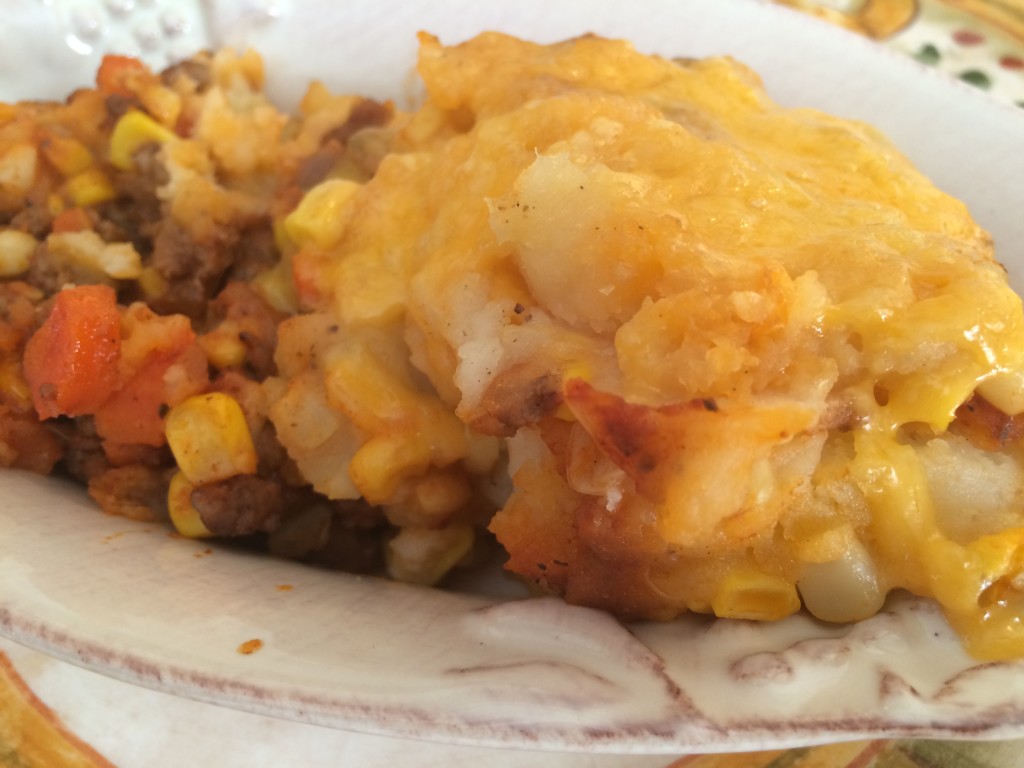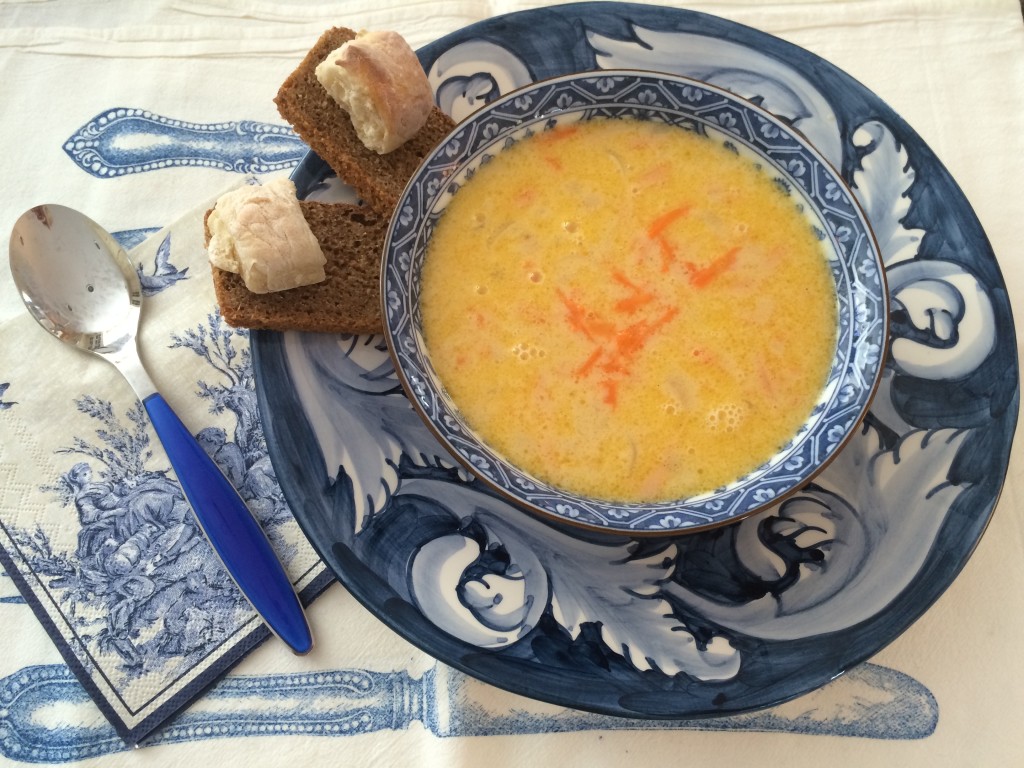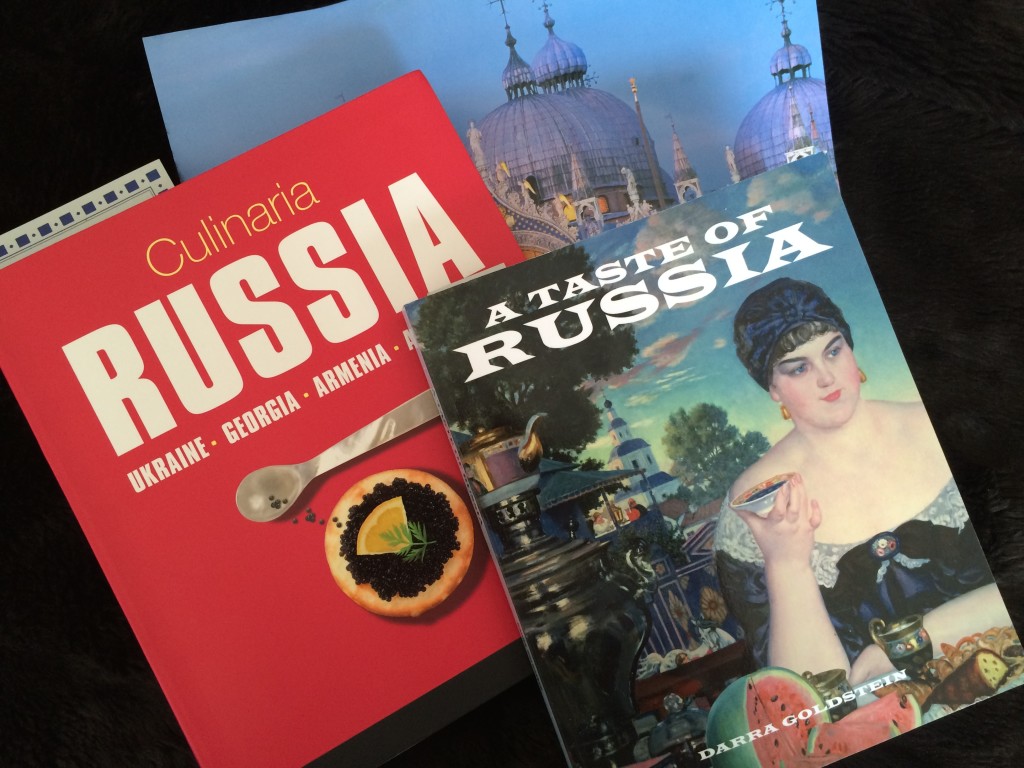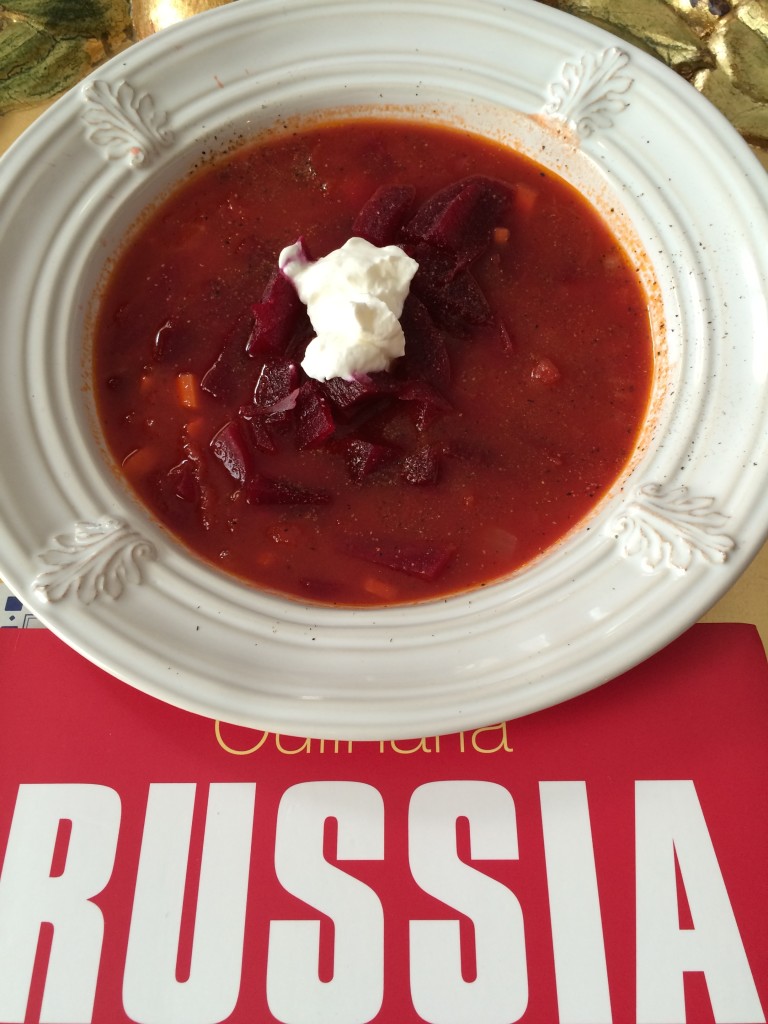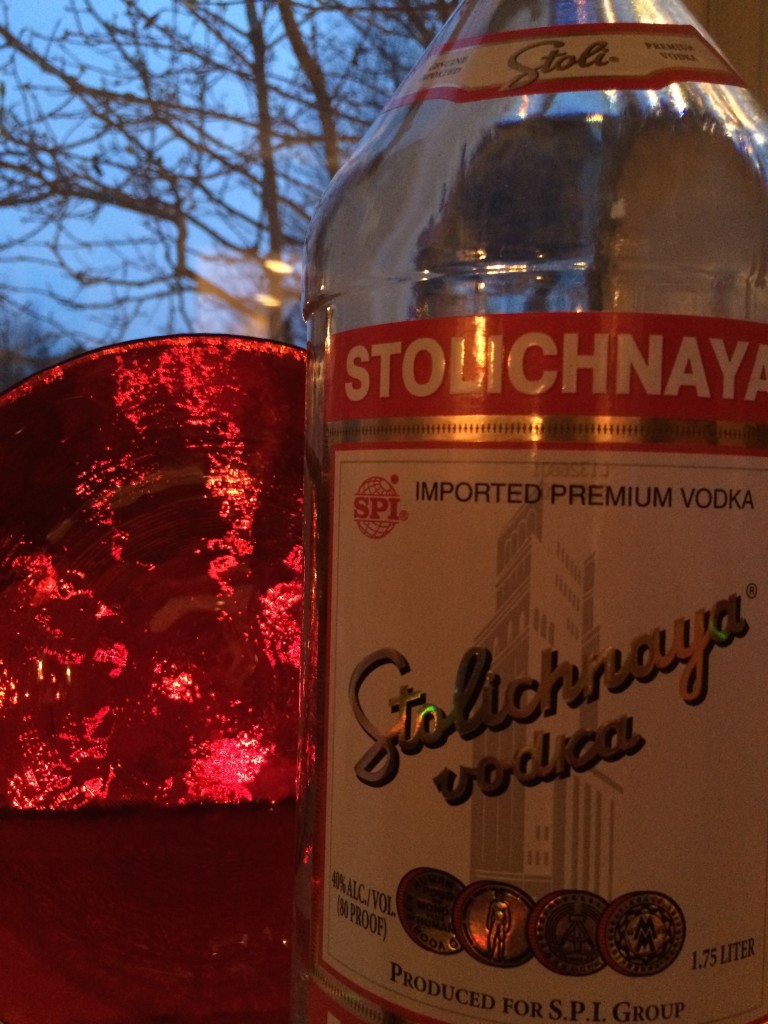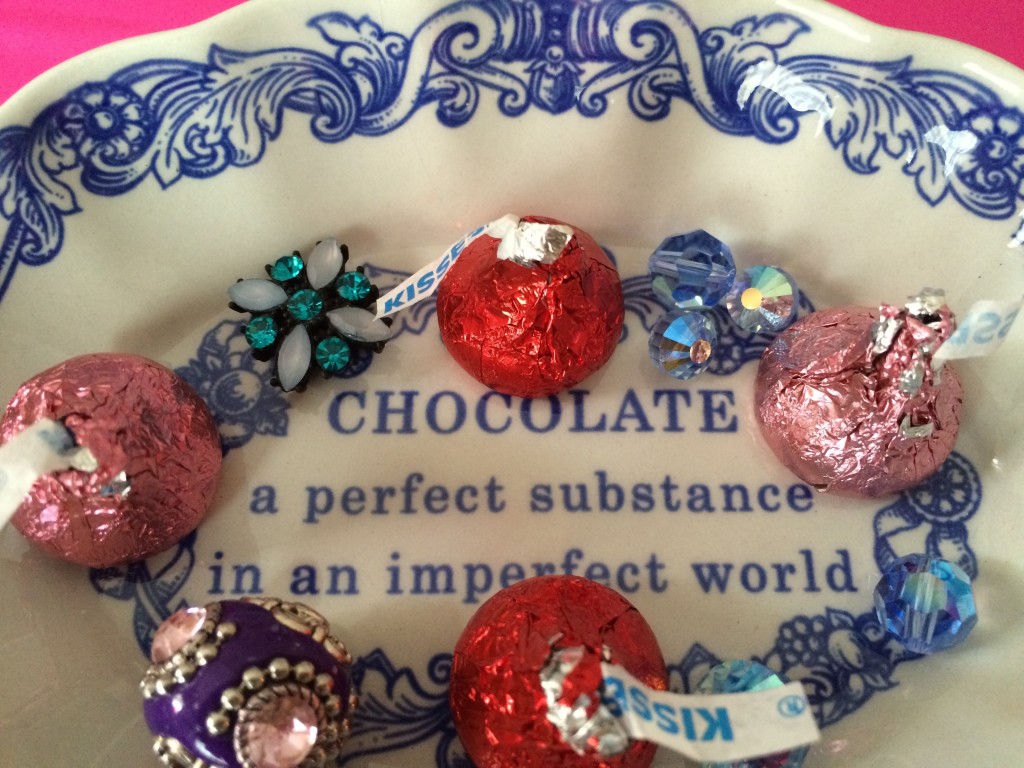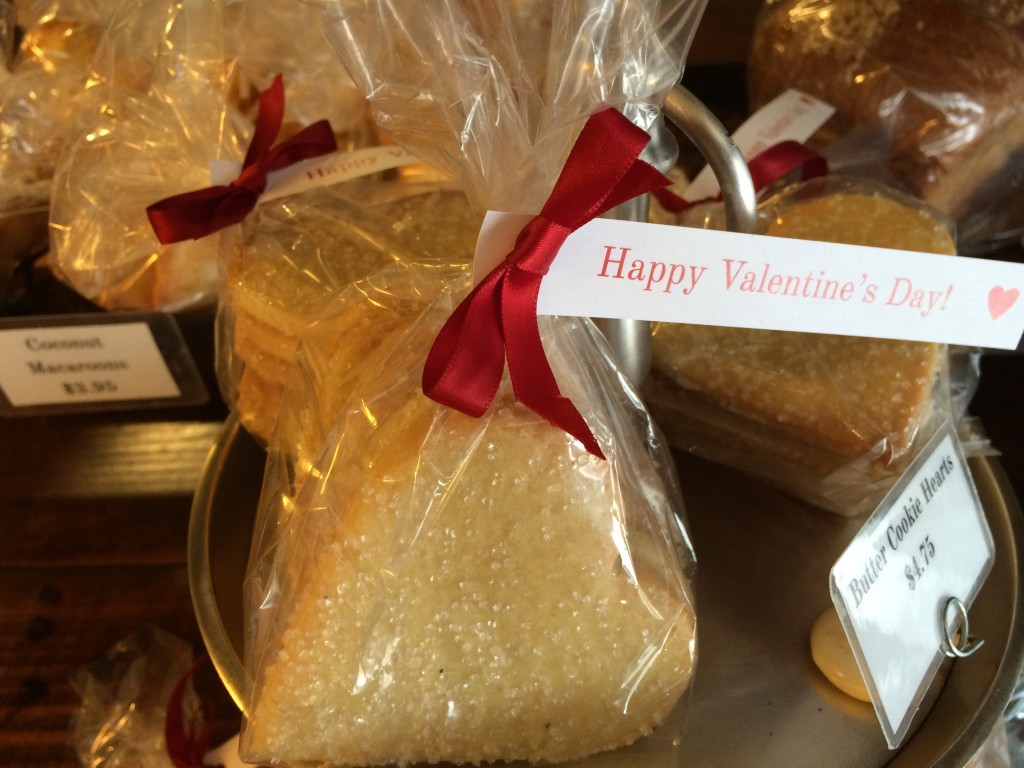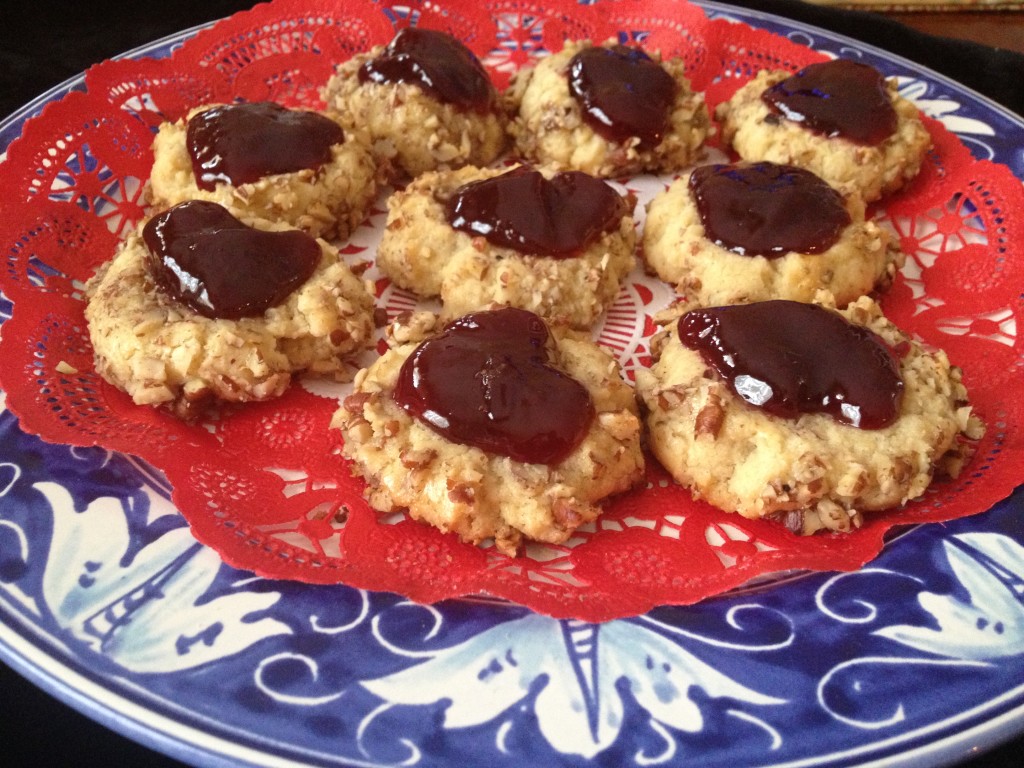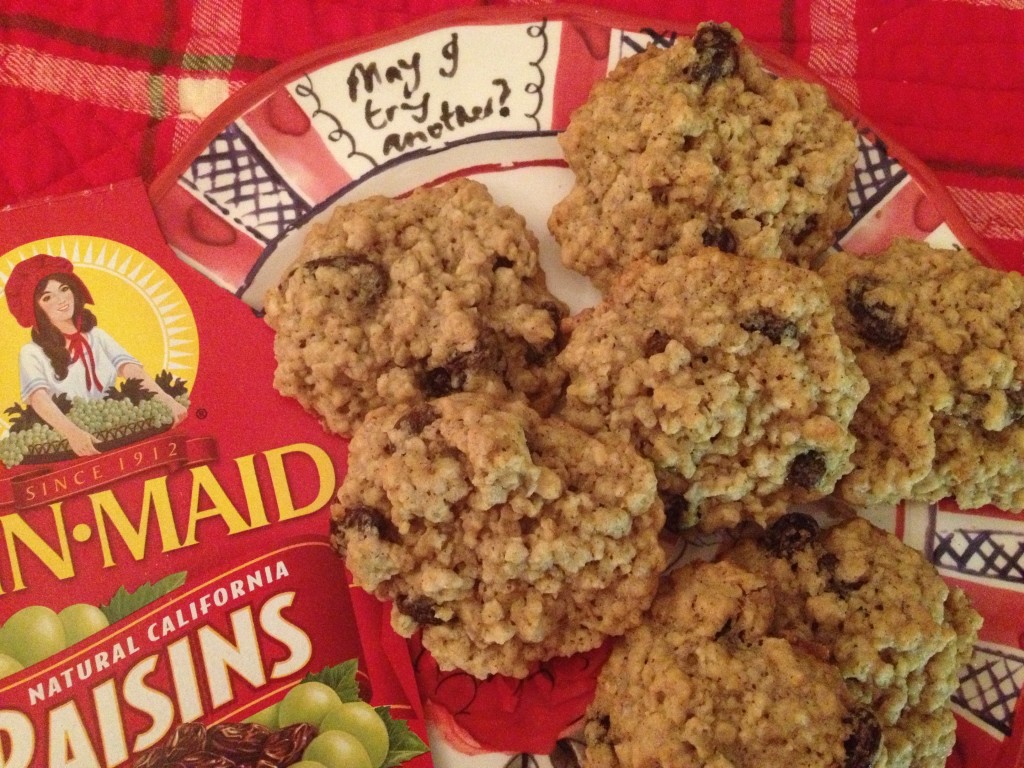
St. Paddy’s Day may be over, but there’s no way I’m waiting another year to make Smitten Kitchen’s Chocolate Whiskey and Beer Cupcakes – they’re just too good.
The deliciously moist Guinness chocolate cake, smooth whiskey ganache filling, and rich Bailey’s buttercream frosting made for one spectacular and “boozy” dessert. If you’ve ever tasted an Irish car bomb, then you know these flavors work well together – the sum becoming something greater than its parts. Read more
